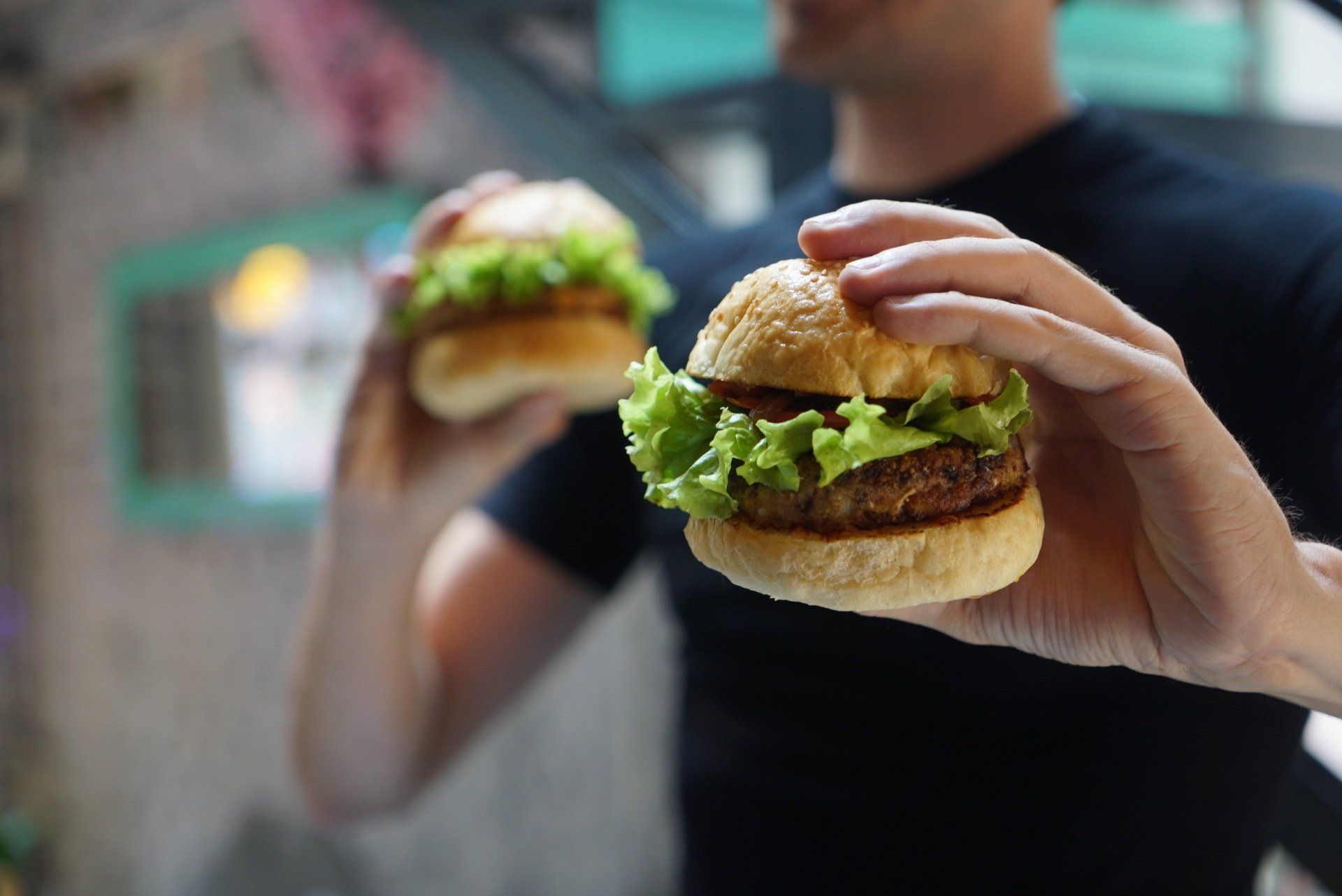How Scientifically Accurate Is The Pegan Diet?
Note: All the information in this post is based on Red Pen Reviews (a non-profit that publishes unbiased health and nutrition book reviews). Please consider donating to them.
Summary of The Book
The Pegan Diet, by popular New York Times bestselling author, suggests that poor health and disease are the result of low quality diets that are industrially produced, refined and processed. The author claims:
• These diets damage both our bodies and the environment and current medicine is failing as it tries to treat the symptoms of disease.
• The solution is to mix a paleo diet with a vegan diet (hence Pegan), combining the high vegetable intake of a vegan diet with the healthy fat intake and limited refined carbohydrate and sugar intake of a paleo diet.
• The book provides “21 Practical Principles for Reclaiming Your Health in a Nutritionally Confusing World” which mostly involve guidance on what not to eat or what to eat more/less off. For example: consume grass-fed, pasture-raised animal-based foods; avoid processed or ultra-processed food; consume healthy fats at each meal; etc.
•The book contains tips on cooking methods , links to supplements, genetic tests, blood tests ,and kitchen appliances as well as recipes
How Accurate Are The Claims In This Weight Loss Program?
The Pegan Diet has been gaining in popularity in recent years. But what does the science say about its claims? We looked to look at three of its key assertions to see how well they hold up under scrutiny.
Carbohydrates (sugar and starch) cause weight gain.
There is some evidence that high sugar intake can contribute to weight gain, but the link between carbohydrates and weight is far from clear-cut. And while it's true that complex carbs like bread and pasta can be converted into sugar in the body, this doesn't happen instantaneously or automatically lead to weight gain. So on this point, the jury is still out.
Carbohydrates (sugar and starch) are the primary cause of insulin resistance and type 2 diabetes.
There is evidence that high sugar intake can lead to insulin resistance, but again, the link is far from clear. And while it's true that complex carbs like bread and pasta can be converted into sugar in the body, this doesn't happen instantaneously or automatically lead to diabetes. So on this point too, the jury is still out.
Wild, organic, pasture-raised or grass-fed animal-based food promotes good health, whereas conventional, industrial, factory-farmed or grain-fed animal-based promotes disease.
There is some evidence that grass-fed beef may be higher in certain than grain-fed beef, but there is no definitive proof that it is healthier overall. And while it's true that some factory-farmed animals are given antibiotics and hormones, there is no evidence that this poses a significant health risk. So on this third point, the jury is also still out.
While the Pegan Diet has some scientific support, much of its claims remain unproven. So if you're thinking of following this diet, be sure to do your own research and consult with a healthcare professional to see if it's right for you.
Healthfulness of This Weight Loss System
•The Pegan Diet is a healthy diet that scored 3 out of 4 for healthfulness.
• The main dietary messages are to focus on whole, organic foods such as vegetables, which are nutrient dense and phytonutrient-rich, and to limit processed/ultra-processed foods which are nutrient poor and high in sugar and refined starch.
• The Pegan Diet is generally advising against high intakes of carbohydrates, with most principles including some recommendation to limit carbohydrate-rich foods and to opt for low-carbohydrate, high-fat foods.
Here’s our paraphrasing of what Redpen had to say:
Despite the probable health benefit from following the advice in The Pegan Diet compared with current suboptimal diets, the rationale for some of the main recommendations are overstated or not supported by scientific evidence, and some recommendations are probably ineffective.
There is interchanging use of guidance to avoid ‘processed’ and ‘ultra-processed’ foods in The Pegan Diet. These are not defined. This creates ambiguity for the reader around what foods these are and makes it difficult to determine which foods may or may not be consumed outside of the lists provided.
For example, while it is generally accepted that processed meats are detrimental to health, there is no evidence to support avoiding all processed foods as suggested in The Pegan Diet. In fact, some processed foods (such as tinned tomatoes) can be part of a healthy diet.
The advice to avoid all dairy is also not supported by scientific evidence. While it is true that some people may be intolerant to lactose, there are many other nutrients in dairy that can be beneficial to health.
There is also no evidence to support the claim that grain-free diets are superior for health. In fact, whole grains are a nutritious and important part of the diet.
While The Pegan Diet contains some good advice, such as eating plenty of fruits and vegetables, limiting sugar intake, and choosing healthy fats, the overall accuracy of the diet is questionable. Readers should be aware that not all of the claims made in The Pegan Diet are backed by scientific evidence.
Despite its name, The Pegan Diet is not really a diet at all. It is more of a guideline for how to eat healthy. And while there are some sound recommendations in the book, there are also some questionable ones.
For example, the book recommends expensive organic foods, making meals at home from scratch and investing in supplements, genetic tests, blood tests and kitchen appliances. The recipes in The Pegan Diet typically require over an hour to prepare. In fact, there are several barriers to following the book’s guidance, including knowledge, time, equipment, and cost. Some suggestions are also unlikely to be feasible for most people: “Buy a cow or share half a cow.” (page 130). Combined with the specific ‘do’ or ‘don’t’ eat guidance throughout, we consider implementation of the recommended diet to be ‘very difficult’.
There is also some inaccurate information in the book. For instance, it claims that saturated fat is not harmful and can actually be good for you. This goes against the overwhelming scientific evidence showing that saturated fat is associated with increased risk of heart disease.
So while The Pegan Diet contains some good advice, it also contains some questionable recommendations that are not supported by science. Therefore, we give it a rating of ‘fair’.










